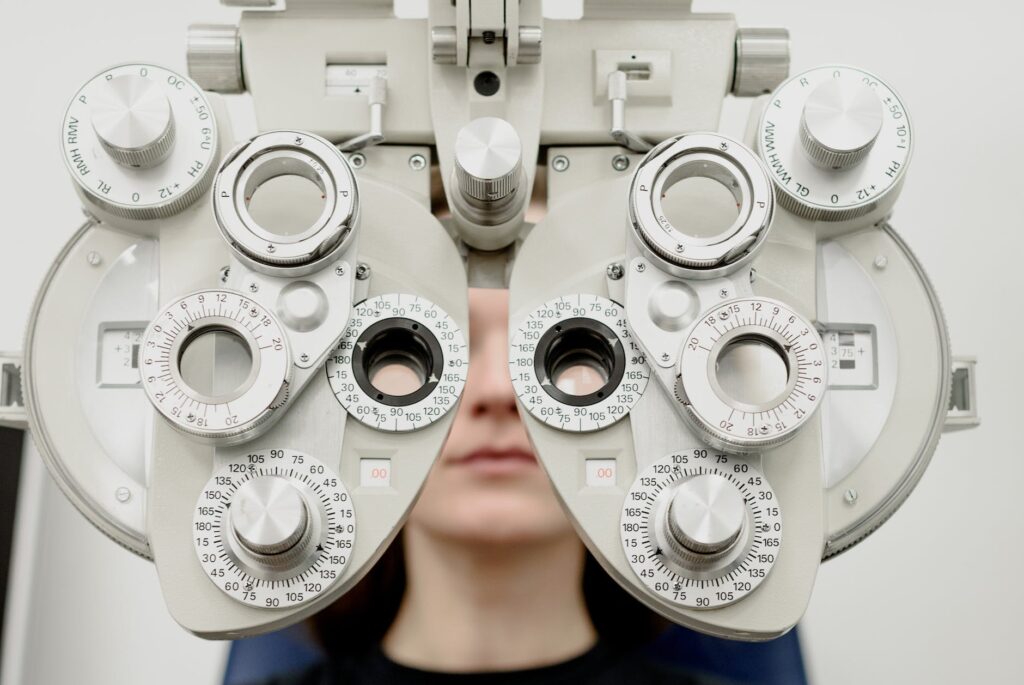
Introduction
The human eye is a remarkable organ, serving as the window to the world and providing us with the invaluable sense of sight. Ophthalmology is the branch of medicine dedicated to the study and treatment of eye-related conditions and diseases. In this article, Dr David Stager will delve into the fascinating field of ophthalmology, uncovering its importance, advancements, and the crucial role it plays in preserving and enhancing our precious gift of vision.
1. Understanding the Importance of Ophthalmology
Ophthalmology is a vital medical specialty that focuses on the diagnosis, treatment, and prevention of various eye disorders and diseases. By preserving and improving the visual health of individuals, ophthalmologists enable them to lead fulfilling lives and fully experience the world around them.
2. The Journey of an Ophthalmologist
The path to becoming an ophthalmologist requires rigorous academic and clinical training. After completing medical school, aspiring ophthalmologists undergo specialized residency training, honing their skills in eye care, surgical techniques, and managing ocular conditions.
3. Exploring Eye Conditions and Diseases
Ophthalmologists diagnose and treat a wide range of eye conditions and diseases, including cataracts, glaucoma, macular degeneration, diabetic retinopathy, and many others. Early detection and intervention are crucial in preserving vision and preventing irreversible damage.
4. Advancements in Ophthalmic Technology
Advancements in ophthalmic technology have revolutionized eye care and treatment. Innovative tools and techniques, such as laser-assisted surgeries, microsurgery, and advanced diagnostic imaging, have significantly improved treatment outcomes and patient experiences.
5. The Intersection of Ophthalmology and Research
Ophthalmology is a field that heavily relies on ongoing research and innovation. Ophthalmologists and researchers work collaboratively to develop novel treatments, improve surgical techniques, and explore potential cures for complex eye conditions.
6. Ophthalmology for All Ages
Eye health is essential at every stage of life. Ophthalmologists provide care for patients of all ages, from infants to the elderly. Regular eye exams and early intervention are key to maintaining optimal vision throughout life.
7. Vision Restoration and Enhancement
In cases of vision loss, ophthalmologists strive to restore or enhance vision through various treatments, such as cataract surgery, corneal transplantation, and retinal interventions. These interventions can significantly improve the quality of life for patients.
8. Ophthalmology and Global Health
Ophthalmology plays a critical role in global health initiatives. Through initiatives like Vision 2020, organizations work towards eliminating preventable blindness and providing eye care services to underserved communities around the world.
Conclusion
Ophthalmology is a fascinating and essential field of medicine that holds the power to preserve and enhance our most precious sense: sight. From diagnosing and treating eye conditions to conducting groundbreaking research and advancements in technology, ophthalmologists are at the forefront of providing exceptional eye care to patients of all ages. As we continue to delve into the complexities of the eye and develop new approaches to eye care, the field of ophthalmology will remain dedicated to improving the lives of millions by safeguarding their window of sight and ensuring that the world remains a vivid and beautiful place to behold.